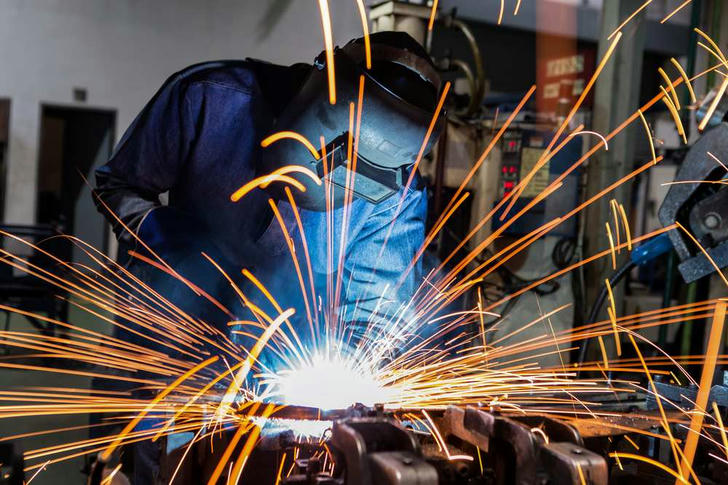Unlocking the Potential of Metal Welding: A Practical Guide for Career Starters
Discover the essentials of metal welding, a trade that welcomes newcomers with low entry barriers. This guide explores the nature of welding work, who it suits best, income variations by role and age, and common concerns to help you make informed career choices.

Understanding Metal Welding: Job Scope and Requirements
🔍 What Does a Welder Do?
Metal welding involves joining metals using heat, often in construction, manufacturing, and repair. Welders must be detail-oriented, ready to handle equipment, follow safety protocols, and work in a hands-on environment. No advanced degree is typically required; most enter after a high school diploma or a technical training course.
Who Thrives in Welding Careers? Identifying Suitable Candidates
✅ Traits of Successful Welders:
Those who excel are reliable, have good hand-eye coordination, and enjoy practical work. Physical stamina is essential, as jobs may require standing, kneeling, or working outdoors. Individuals who value problem-solving and precision often find fulfillment and advancement possibilities.
Income Insights: Comparing Roles and Age Groups in Metal Welding
📊 Wages and Trends:
Entry-level welders in the U.S. can expect hourly rates ranging from $18 to $24, depending on location. With certification and experience, mid-career welders may earn over $30/hour. Specialized roles, such as pipe welders or industrial welders, can command higher pay brackets—sometimes exceeding $70,000 annually with overtime and skill premiums.
Welding jobs welcome a wide age range, from 18-year-olds starting their careers to individuals over 65 looking to stay active or transition into flexible roles.
Addressing Common Questions and Challenges in Welding Jobs
❓ FAQs:
- Is welding a safe job? Modern workplaces use advanced safety gear and strict rules, keeping injury rates comparable to other trades.
- What about job stability? Persistent demand in construction and manufacturing ensures steady opportunities, especially in regions with ongoing development projects.
- Do welders need to relocate? While jobs exist nationwide, certain areas—like the Midwest or Gulf Coast—offer more positions due to heavy industry presences.
Navigating Career Growth and Opportunities in Metal Welding
🚀 Pathways Forward:
Ambitious welders can climb to lead or supervisory roles, move into inspection, or shift to teaching and training. Certifications and ongoing learning significantly boost prospects and income. Real-world example: Many successful welding supervisors started as apprentices and advanced in under a decade.
🎁 Quick Recap:
Metal welding offers accessible entry, competitive pay, clear pathways for growth, and nationwide demand for those willing to master the craft. For hands-on problem solvers ready to build a stable future, welding stands out as a practical—and rewarding—career choice.
